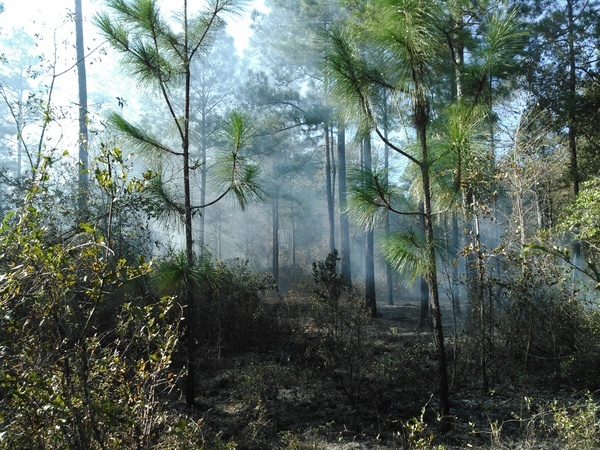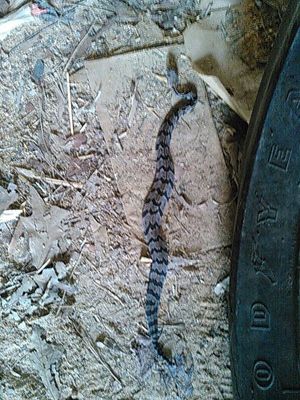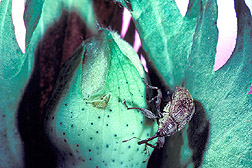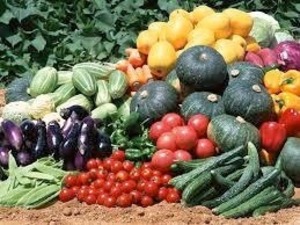Corn smut a delicacy? Well, if truffles can be, why not?
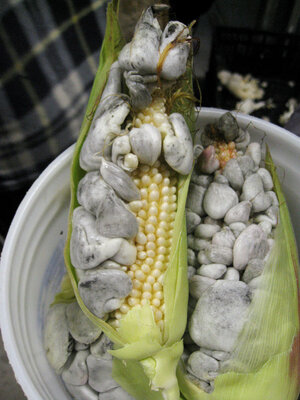 Jill Neimark, the salt, 24 August 2015,
Scourge No More: Chefs Invite Corn Fungus To The Plate,
Jill Neimark, the salt, 24 August 2015,
Scourge No More: Chefs Invite Corn Fungus To The Plate,
One evening last July, Nat Bradford walked along rows of White
Bolita Mexican corn at his Sumter, S.C., farm, and nearly wept. All
1,400 of the corn plants had been overtaken almost overnight by corn
smut, recalls Bradford, who’s also a landscape architect. The smut,
from a fungus called Ustilago maydis, literally transforms each corn
kernel into a bulbous, bulging bluish-grey gall. It is naturally
present in the soil and can be lofted easily into the air and onto
plants.
Smut is considered a scourge by most U.S. farmers, and it goes by
the nickname “devil’s corn.” Just one discolored kernel typically
renders an ear completely unsellable….
Yep, that’s the way we’ve usually considered it. But keep reading: Continue reading →
